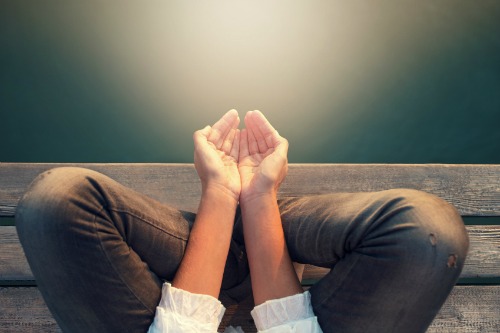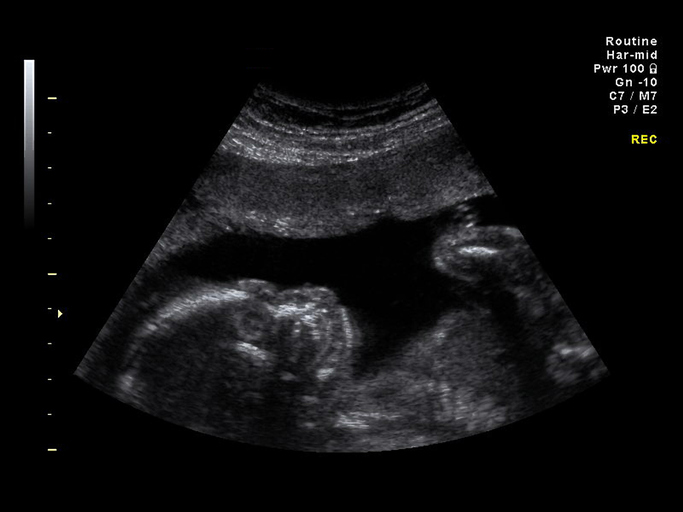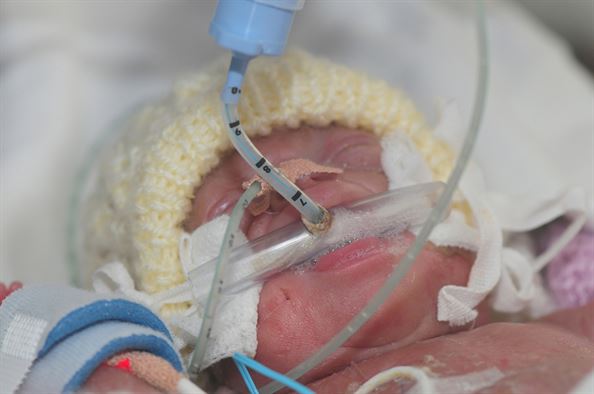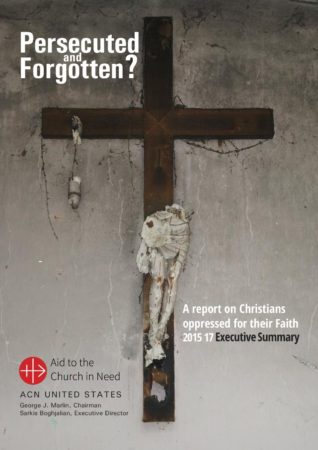
A ban on the use of Irish government aid money to fund abortions in developing countries is likely to be lifted as a result of the Government’s embrace of a pro-abortion policy.
The ban was in place because of a rule that aid should not be used for purposes in conflict with domestic Irish policy.
The Department of Foreign Affairs says it will launch a new initiative on “sexual and reproductive health and rights” in the developing world as part of the work of Irish Aid, the development aid programme of the government. The new plan is likely to allow funding for abortion.

The Government is exploring options for providing free contraception as part of efforts to reduce the number of unwanted pregnancies. The cost of this could be up to €126 million according to a report in Times Ireland. No evidence has been provided by the Government yet that such a programme would reduce the number of unwanted pregnancies.
Increasing access to contraception was a key recommendation of the Oireachtas abortion committee that prepared for repeal of the Eighth amendment and the legislation that followed.
Health Minister Simon Harris has now set out the terms of reference for the Department of Health working group and will brief ministerial colleagues on the issue at a special Cabinet meeting on gender issues on Friday.
“This work will take a number of months to complete but it will deliver a clear pathway forward,” Mr Harris said.
“Cost should not be a barrier to accessing contraception and I am determined to address this. The benefits are clear. This will help to reduce the number of crisis pregnancies and promotes good sexual health. I look forward to receiving the outcome of this work later this year.”

Catholic Hospitals must provide abortion services according a Department of Health spokesperson quoted in The Times, Ireland Edition, despite a Government study recommending structural changes to healthcare budgeting that would allow them to opt out.
The recommendation came from a Study Group that Health Minister Simon Harris himself set up to look into the role of voluntary organisations in the healthcare service. Their report was published Thursday and, while the headline item was a suggestion that Catholic hospitals might remove religious symbols and iconography at the request of patients, the report also recommended that budgeting for healthcare might change so that grants could be offered for specific services that hospitals could decide for themselves whether to tender for or not. An onus would then fall on State-owned hospitals to provide abortions, if voluntary hospitals declined to do so.
A spokeswoman for Mr Harris told the Times, Ireland edition, however that he held the view that while individual doctors could opt out of providing abortion services, hospitals could not. “The minister has always been clear that there is an onus on everyone — the government, the HSE and especially service providers — to ensure that an effective exercise of religious freedom by health and social care professionals does not prevent or unduly restrict patients and service users from accessing services to which they are legally entitled,” she said.

Leo Varadkar has again waded in to the internal issues of Northern Ireland by calling for same-sex marriage and widespread abortion to be legalised.
Speaking to a gathering of the Alliance Party in Belfast, he spoke of how the Republic had legalised divorce, abortion and same-sex marriage and then voiced his “regret” that Northern Ireland, which for so long was more liberal than the South, had not “kept up” with the pace of change.
“I believe the right to marry the person you love, the right of a woman to make choices about her own body, and the right to have your native language respected should not be about orange and green,” he said.
These were “universal rights” and personal freedoms should “apply everywhere”, he added.
He added that Northern Ireland should embody the “best” of what is British and the “best” of what is Irish. “So any right or freedom that a British citizen has in Britain or an Irish citizen has in Ireland should be had here in Northern Ireland as well,” he said.

An Independent TD has called for full pay for women when they take time off work to have an abortion.
Donegal Deputy Thomas Pringle said an existing maternity and infant scheme could be extended to grant leave to women planning an abortion. The scheme enables pregnant women to free visits with their GP and obstetrician. They are legally entitled to paid time off for antenatal appointments under Maternity Protection Acts.
Mr Pringle said it would make sense to extend an existing maternity scheme rather than trying to come up with a new one. “Ultimately, it’s the only way to ensure full pay because some employers don’t pay sick pay at all,” he said.
“Some mechanism needs to be set up to ensure they get some form of sick pay.”

Religious symbols may have to be removed from Church-run hospitals if a new report commissioned by the Minister for Health is adopted as Government policy. An Independent Review Group into hospitals owned or managed by religious orders recommends that hospitals respect the wishes of patients who do not want to see religious iconography. It also questions whether State funding should continue to be given to hospitals if their characteristic ethos precludes them from providing lawful procedures such as abortion.
The review said that the Government had the legal right to withdraw funding from such hospitals but noted that it would cause massive disruption to the health service.
Alarmingly for the hospitals, the report said clarity on the constitutional rights of independently owned faith-based organisations to manage their own affairs has not yet been determined in the healthcare context by the Supreme Court.
The 12 religiously affiliated hospitals in the State receive €1.34bn in State funding and are responsible for operating 26pc of publicly funded inpatient beds
Later in the day, the Taoiseach said the Government has no plans to force religious-owned hospitals to remove crosses or other religious symbols. However, Leo Varadkar said publicly-funded institutions needed to recognise not everyone was religious, or Catholic, and should reflect the beliefs of all the public.

A Counsellors and Psychotherapists Registration Board has been established by Minister for Health. Simon Harris TD has appointed the thirteen members of the Board which officially “will seek to protect the public by fostering high standards of professional conduct, education, training, and competence amongst counsellors and psychotherapists.” Unofficially, it is designed to shut down pro-life pregnancy centres by insisting their members workers must be State-certified before they can operate. The mechanism has long been sought by pro-choice activists and championed by various media, including Times, Ireland Edition, who have portrayed groups such as GiannaCare as ‘unregulated’ ‘rogue’ agencies.
Minister Harris said “It is absolutely vital that users can have confidence in the service they receive. We have seen the impact of rogue operations in undermining faith in the profession. It is absolutely vital this area is regulated to ensure adequate supervision of the profession and to ensure its users are protected.”
It will be an offence, punishable by a class-A fine or imprisonment of up to six months, for a person not registered to use any of the titles protected, such as “counsellor” or “psychotherapist”.

Pregnant women should be breath-tested during antenatal visits to check whether they are smoking, a new Irish study recommends.
Women who hide their smoking habit miss out on vital monitoring of their pregnancy and end up having more problems as a result, according to the study of women attending the Coombe hospital in Dublin.
It found a substantial number of women with high carbon monoxide levels – an indicator of smoking – had not declared their tobacco use.
The authors, from the Coombe and University College Dublin, said this finding strengthens the case for universal BCO screening at the first antenatal visit. A high reading should result in referral of the woman to smoking cessation services and close monitoring of the baby, they say.
Women who fail to disclose their smoking do not get the level of monitoring during pregnancy they and their unborn child actually require, the study, published in the European Journal of Obstetrics & Gynecology and Reproductive Biology, points out.

The Government has announced the establishment of the referendum commission for the upcoming vote on repealing restrictions on divorce from the Constitution. If passed, it would enable the Oireachtas to set time restrictions as it sees fit, without any limits imposed by the Constitution.
Under the legislation proposed by the Government the time spent living apart by couples before becoming eligible for divorce will be cut from four years out of the preceding five to two years out of the previous three.
The vote will take place on the same date as the local and European elections, May 24th.
High court judge Ms Justice Tara Burns has been nominated by the Chief Justice to act as chairperson of the commission.

Violence against Indian Christians rose significantly since the start of 2019 with at least 29 violent mob attacks against Christians in 13 different states across India in January alone.
That’s according to the United Christian Forum and ADF India who have been documenting the attacks.
“Nobody should be persecuted because of their faith. It is worrying to see these horrendous acts of mob violence continue. It is high time special laws are enacted to protect Christians and other religious minorities from being attacked and then imprisoned under false accusations,” said Tehmina Arora, Director of ADF India, an advocacy organization that protects fundamental freedoms and promotes the inherent dignity of all people.
The attacks often take a similar shape and rarely receive any police attention. A mob will arrive at a prayer meeting or Christian gathering, shout abuse and harassment, and beat up those in attendance including women and children. Then, the pastors or priests are usually arrested by the police under false allegations of forced conversions.
In another ongoing case, Sister Concelia Baxla, a member of the Missionaries of Charity, was arrested last year on false charges of human trafficking because one of her co-workers in an orphanage allegedly took money for facilitating an adoption. While all others involved in the case have been granted bail, Sr. Concelia’s appeal has been rejected multiple times.
Bishop Theodore Mascarenhas, Secretary General of the Catholic Bishops Conference of India, sees the denial of the sister’s right to be released on bail despite her age and poor health as an attempt to harm the Church in India. Sr. Concelia has been imprisoned for two hundred and twenty two days now without a trial.